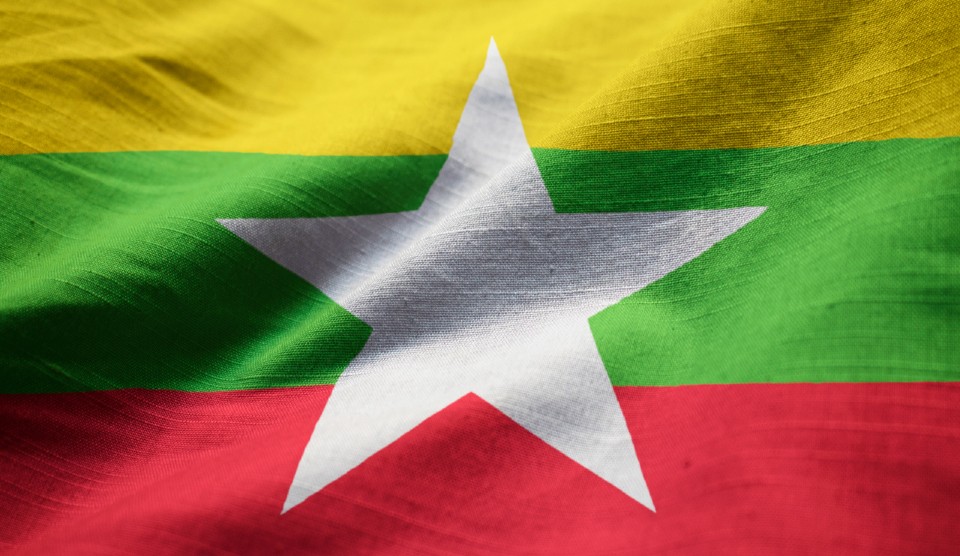There have been killings of prisoners too, with many of the dead reportedly exhibiting signs of torture on their bodies. What changed this week was that the junta admitted to the deliberate killing of prisoners.
Four prisoners, representing different strands of anti-coup resistance were executed at Yangon’s Insein Prison breaking a decades-old taboo against capital punishment. None had received anything resembling a fair trial, instead facing a military tribunal where they were denied legal counsel. In practice their “guilt” was predetermined by a Myanmar military, known as the Tatmadaw, that regards active opposition to its rule as akin to terrorism.
The junta’s choice of victims was guaranteed to provoke domestic outrage. Opposed to military rule and accused of terrorism, Kyaw Min Yu, better known as Ko Jimmy was a Myanmar household name, first coming to prominence as a student leader of the “88 generation” that almost toppled a previous military regime in the 1988 Uprising.
Phyo Zeya Thaw, a wildly popular rapper and hip-hop artist who co-founded youth activist group Generation Wave, was also an ex-law-maker close to Aung San Suu Kyi. He too was accused of terrorism. Hla Myo Aung and Aung Thura Zaw were accused of killing a Tatmadaw informant.
Violence as a tactic
Using ferocious violence to cow resistance to its domination has long been a key Tatmadaw strategy, particularly among the country’s ethnic and religious minority communities. Ongoing popular resistance to their 2021 coup, the growth of People’s Defence Force militias, increasing defections and recruitment shortfalls have weakened the Tatmadaw, and prompted junta bosses to bring tactics more familiar to minorities like the Rohingya to the country’s Buddhist heartland. There has been a marked uptick in military brutality towards members of Myanmar’s Buddhist majority.
The Tatmadaw’s counter-insurgency approach, often described as “clearance operations” are derived from its “Four Cuts” strategy aimed at denying opponents access to food, funds, fresh recruits and intelligence. Resembling total war, scorched-earth tactics and the targeting of civilians for collective punishment are a routine part of these operations. This was how the Tatmadaw labelled its forced deportation of the Rohingya Muslim community in 2017.
Now the junta is using similar tactics nationwide. Since the coup, military atrocities have been widespread and frequently stomach-churningly awful. These have included air strikes against rural villages and displacement camps in retaliation for nearby anti-coup activity, driving a truck into a crowd of peaceful protesters, and even burning alive civilians fleeing violence. Amnesty International described Tatmadaw air strikes against civilians as “collective punishment” and “a new wave of war crimes and likely crimes against humanity”...
Dr Ronan Lee, a Doctoral Prize Fellow at Loughborough University London’s Institute for Media and Creative Industries, discusses why Myanmar's death penalty is the 'latest tactic for military junta’s murderous regime' in the Conversation.
Read the article in full on the webpage.
